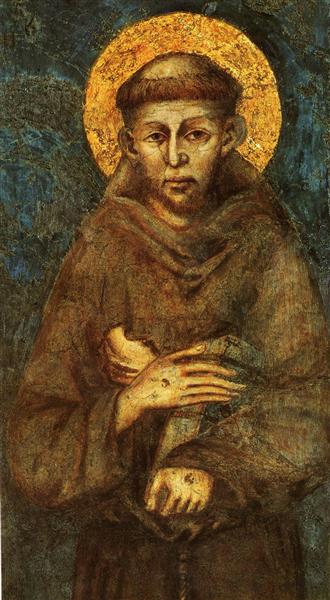
Early on in Laudato Si’, Pope Francis pays tribute to the ecological spirituality and leadership of the Ecumenical Patriarch, Bartholomew. Francis refers to the spiritual roots of environmental problems as identified by Bartholomew, who invites us ‘to replace consumption with sacrifice, greed with generosity, wastefulness with a spirit of sharing, an asceticism which “entails learning to give, and not simply give up.”‘ Bartholomew urges us;
to accept the world as a sacrament of communion, as a way of sharing with God and our neighbours on a global scale. It is our humble conviction that the divine and the human meet in the slightest detail in the seamless garment of God’s creation, in the last speck of dust of our planet.
My reflections on Laudato Si’ have been focused on the dimension of spirituality, on the primary motivation for our renewed – converted – relationship with the earth because it strikes me that the tasks in hand are not contentious; carbon reduction, renewable energy, reduced consumption. What is much harder is discovering the motivation to do this. Both Francis and Bartholomew offer much wisdom in this regard.
An Orthodox approach to ecological spirituality is beautifully presented in John Chryssavgis’ book, Creation as Sacrament. Having previously written (equally beautifully) on the Desert tradition, it is not surprising that he returns there to affirm a spirituality which is both ascetical and mystical. It is ascetical in demonstrating a pattern of life that seeks not dominance over creation but respectful, affirming submission to it. In the desert, one must travel light and learn the fundamental disposition of letting go ‘which is necessary to a proper relationship with God, world, and oneself.’ One faces ‘the pain and passion of life in all its intensity’, far from any distraction, pride or pretence.
The desert instills a spirituality that is mystical in that those who enter it do so out of a love for the place and who discover there an icon of Divine Beauty, and I use that word in its specific, theological sense. Icons are kissed, venerated as true, sacramental portals to the reality they present. They are honoured as windows to the divine, but not worshipped as God. This leads us to another vital understanding in an Orthodox approach to the nature of God in the world. God is not absent or distant from the world, but intimately present through his energies. The whole world is energised by divine presence such that it is possible to affirm that the world is part of God but not the whole of God. It is important to affirm that God is both near and far, present both in and beyond what we can see and, therefore, able to sustain and transform the world, including ourselves as part of it.
With these two insights held side-by-side, we both assume full responsibility for our place in the world, and delight in the One whose ‘power sustains’ and whose ‘love restores’ it (Eucharistic Prayer IV, Scottish Liturgy).



